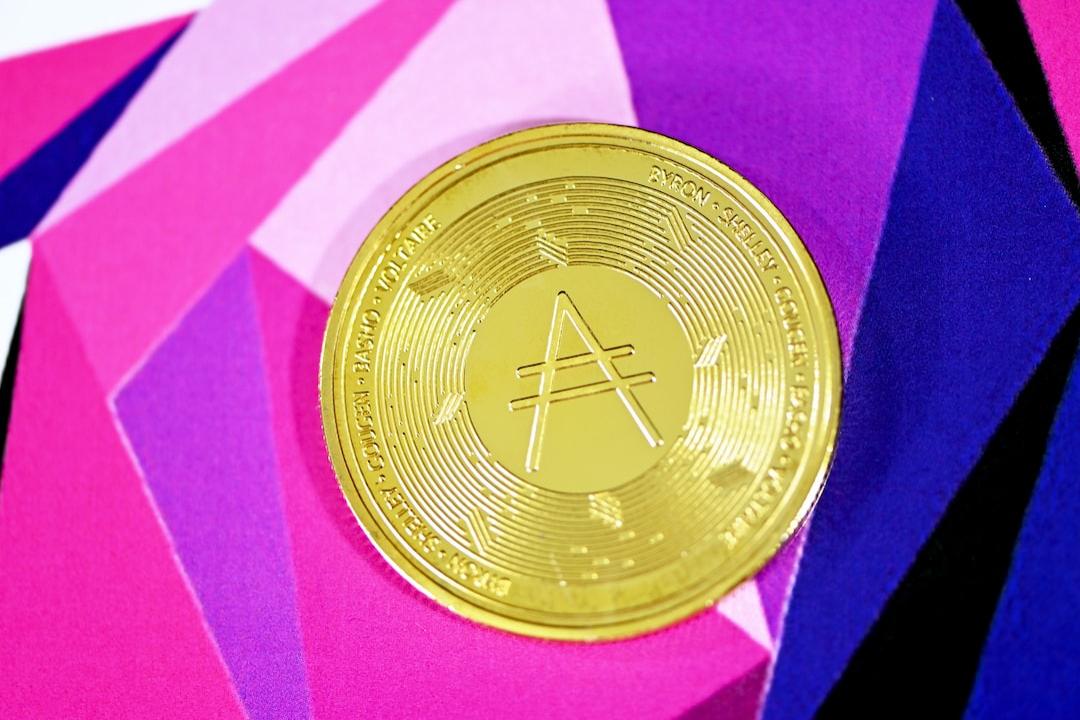On Thursday, X date of the month, investment firm VanEck took an important step by submitting an application for a spot ETF Solana to the U.S. Securities and Exchange Commission (SEC).
This move has sparked market speculation regarding the approval timeline, with several notable risks highlighted in VanEck’s application.
Unlike Bitcoin and Ethereum, VanEck’s Solana ETF is unique as there is no futures trading on Solana in the U.S. Additionally, VanEck’s submitted documentation identifies a specific risk related to concentrated ownership of SOL tokens. As of November 2023, the top 100 Solana wallets hold almost one-third of all circulating SOL tokens. This concentration could lead to significant sales or distributions from these holders, potentially impacting market prices.
Token decentralization is crucial for both investors and regulatory bodies. This concentrated ownership may not sit well with the Securities and Exchange Commission, posing a potential hurdle for the approval of VanEck’s Solana ETF.
Read more:

Solana integrates Worldcoin ID into its ecosystem
Earlier, Securities and Exchange Commissioner Caroline Crenshaw expressed similar concerns about Bitcoin, where 16% of all circulating BTC is held by the top 107 wallets. By comparison, the top 100 Ethereum wallets hold 19% of the asset’s supply.
Despite these concerns, Matthew Sigel, Head of Digital Assets Research at VanEck, downplayed the issue, stating that the Solana blockchain is inherently decentralized.
VanEck also highlighted the risks associated with Solana’s unique consensus mechanism, Proof of History (PoH). While PoH allows Solana to process transactions faster than blockchains like Ethereum, it has also led to several prolonged network interruptions. This issue may be a factor that the SEC takes into consideration when deciding on the approval of the Solana ETF.


